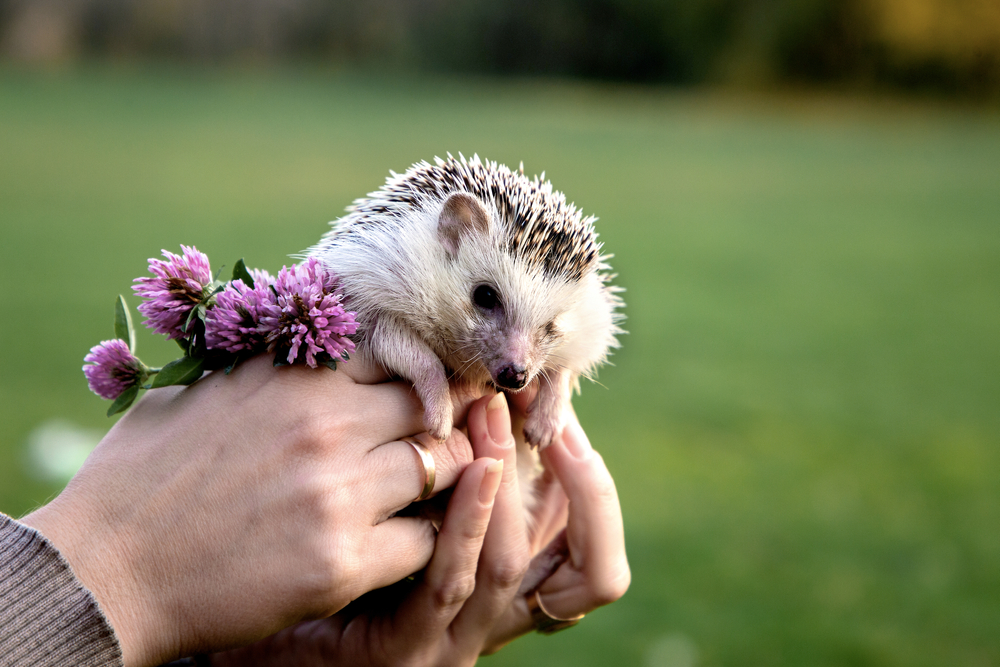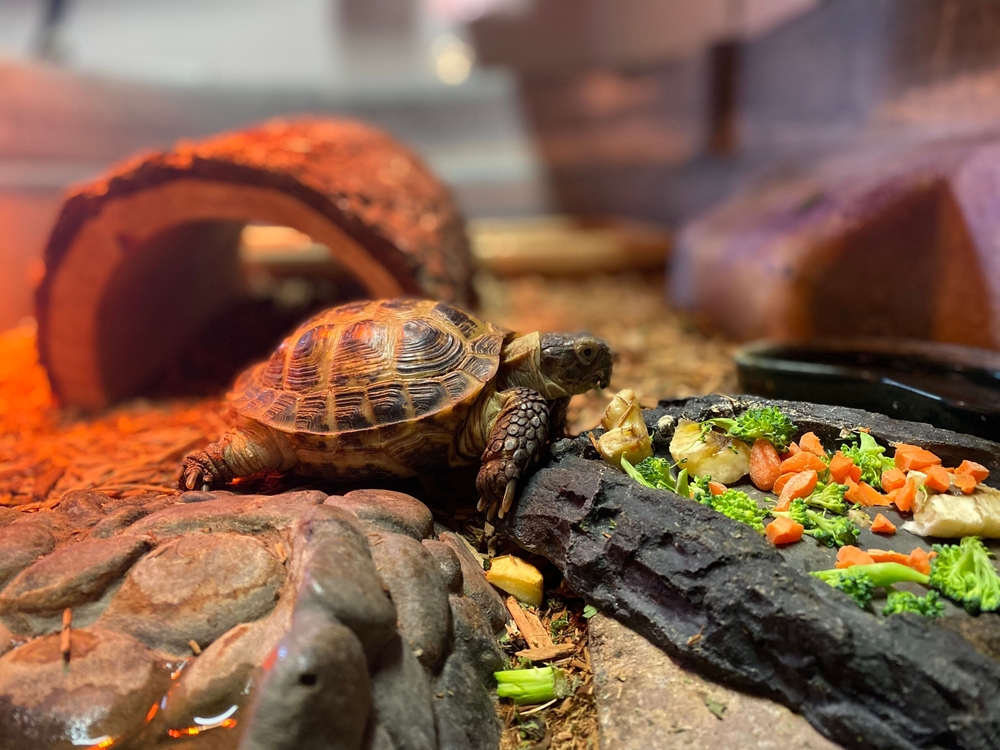The idea of having a wild animal as a pet is undeniably intriguing, conjuring images of unique companionships and an intimate glimpse into nature’s mysteries. While wild animals are typically best left in their natural habitats, certain species can, under the right circumstances, make wonderful pets for those with the right dedication and knowledge. It’s essential to remember that these animals come with specific needs and responsibilities far beyond what’s typical for domesticated pets. For those prepared to navigate the challenges, these animals offer an extraordinary bond—but always approach with caution and respect for their natural instincts.

One popular example of a wild animal that has adapted surprisingly well to life alongside humans is the hedgehog. These small, nocturnal creatures are known for their sweet and quiet nature, and when socialized from a young age, they can form a strong bond with their human caretakers. However, hedgehogs have specific environmental needs, such as warmth and ample space to roam, and they thrive on a carefully managed diet of insects and high-protein cat food. They’re sensitive creatures, requiring a gentle hand and patience, but in return, they bring a unique charm that’s both curious and endearing.
Ferrets are another example of wild animals that can make exceptional pets, provided their high energy levels are matched by their owner’s patience and commitment. Originally domesticated to help control pests, ferrets are natural explorers who love to burrow, hide, and engage with their surroundings. They’re social animals, capable of forming strong attachments to both humans and other pets, but they require ample playtime, stimulation, and secure spaces to prevent accidents. Ferrets also have a musky odor, a natural characteristic that, while manageable, may be off-putting for some. With the right care, however, ferrets bring a lively, playful spirit into any home, making them a delight for those who appreciate their mischief and intelligence.
Sugar gliders, small marsupials native to Australia, are another wild species that can become devoted companions for the right owner. Known for their gliding abilities and social behavior, sugar gliders bond deeply with their caretakers, often nestling close or riding on shoulders as a sign of affection. They’re incredibly social, meaning they fare best when kept in pairs or groups. It’s essential to replicate their natural diet as closely as possible, which includes fresh fruits, vegetables, and a source of protein, often requiring more attention to detail than traditional pet food. Due to their social nature and high-maintenance diet, sugar gliders require a commitment of time and care, but the reward is a remarkably affectionate and loyal pet.
Foxes, while still classified as wild animals, have gained popularity as pets in recent years due to their captivating intelligence and dog-like qualities. Certain species, like the fennec fox, have been successfully raised in domestic environments. Fennec foxes are small, lively animals with an innate curiosity and strong need for exercise. However, foxes have distinct needs; they’re notorious diggers and often vocalize in ways that might surprise an unprepared owner. Fennec foxes, for instance, need a safe outdoor space where they can dig and explore without restrictions. Foxes require considerable enrichment to prevent boredom and anxiety, but in the hands of an experienced and attentive owner, they can offer a unique, if unconventional, companionship.
For those drawn to reptiles, tortoises can be surprisingly affectionate and interactive animals. Certain species, such as the Russian tortoise, are known for their gentle disposition and adaptability in home environments. They’re relatively low-maintenance compared to other exotic pets but require specific living conditions, such as a warm enclosure and a diet of fresh greens. Tortoises can live for several decades, meaning they’re a long-term commitment, and they’re highly sensitive to temperature and humidity changes. Those willing to provide a suitable habitat are rewarded with a calm and intriguing companion whose quiet demeanor can be soothing and grounding.

Even more unusual, some people have successfully kept skunks as pets, as these animals are surprisingly gentle and affectionate when raised in human environments. Domesticated skunks have had their scent glands removed, eliminating their ability to spray, but they retain a playful and inquisitive nature that endears them to their caretakers. Skunks require a diet similar to that of cats, supplemented with vegetables, and enjoy exploring their surroundings. Despite their unconventional reputation, pet skunks are intelligent and form close bonds with those they trust, often displaying loyalty and affection similar to that of dogs.
Wild animals may be captivating, but keeping them as pets requires more than admiration—it calls for dedication, respect, and a commitment to their well-being. For those who understand the demands of these creatures, the rewards of companionship with a wild animal can be profound and uniquely fulfilling. It’s crucial, however, to approach wild animal ownership responsibly, recognizing their natural instincts and ensuring their needs are met. With the right balance of care and respect, these animals can bring a touch of the wild into our lives, reminding us of the remarkable diversity and resilience of nature.
